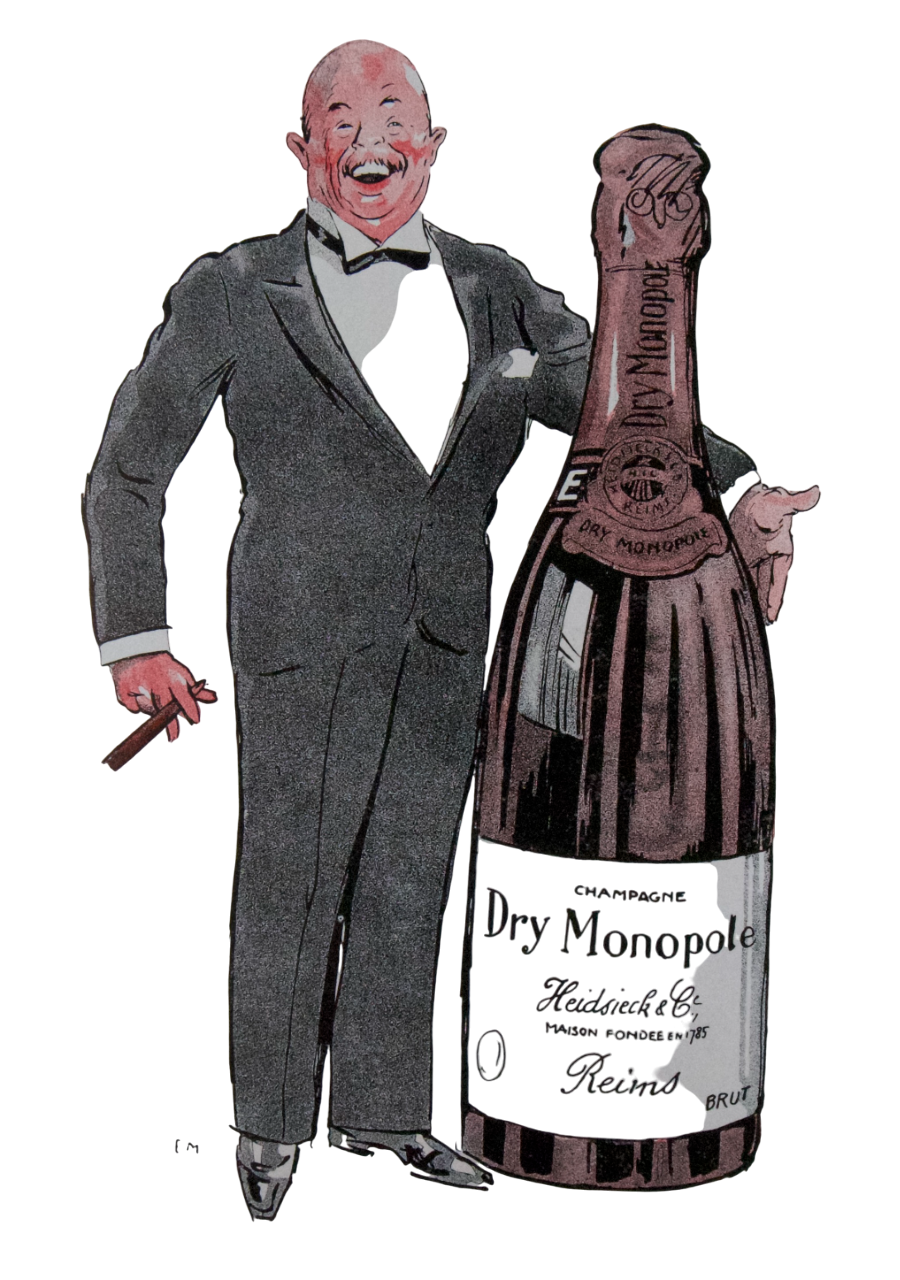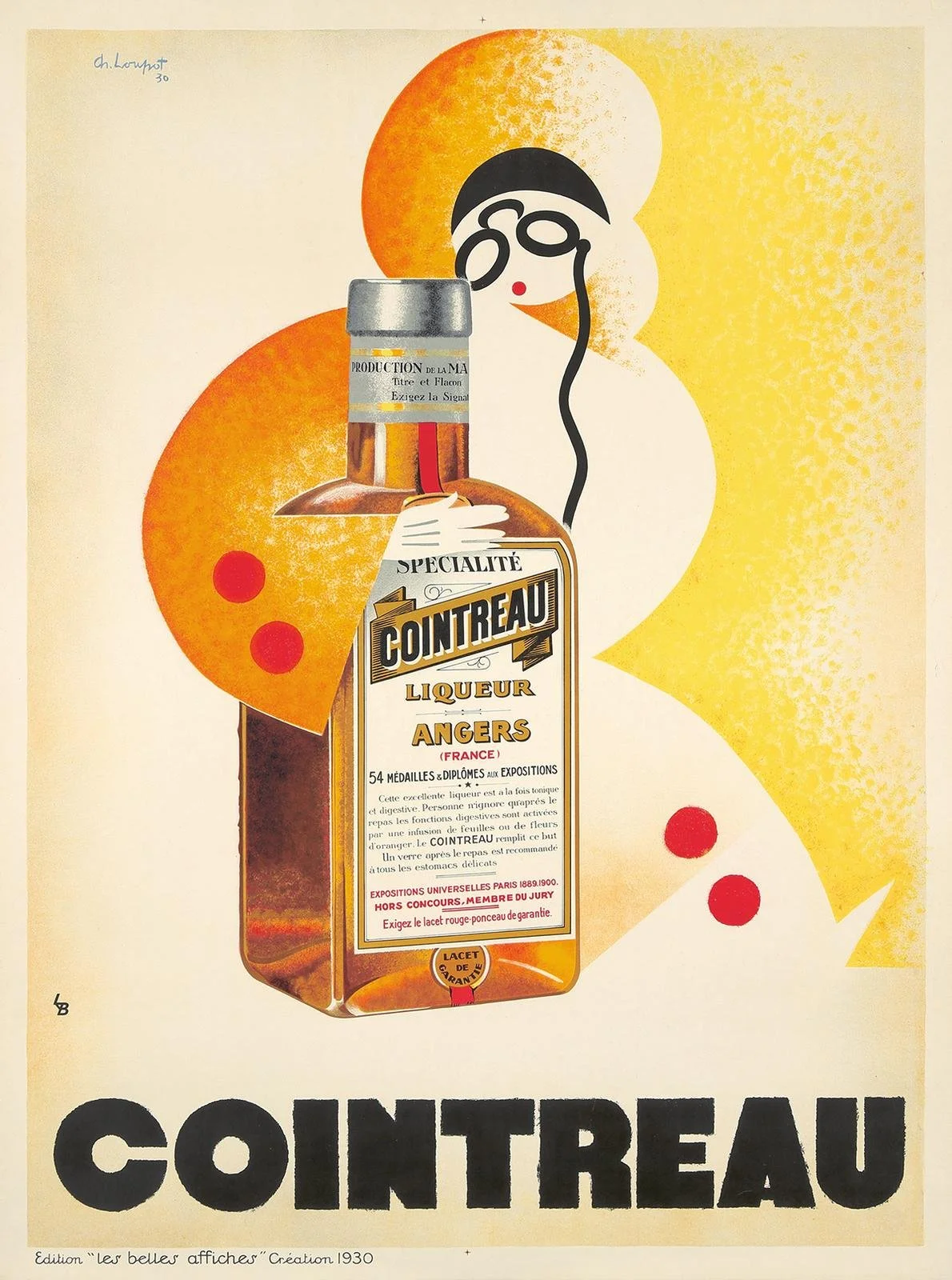The Real French
September 1927
BY LOUIS BROMFIELD
With relation to France, Americans seem to divide themselves into three fairly definite classes:
(1) those who see all France through a haze of wild sentimentality and weave little fictions about porcelain marquises and lovely, sweet-tempered old bone and rag merchants;
(2) those who see France as the abiding place of all swindlers, profiteers, and sons of Belial; and
(3) those who know something about the French and accept them as the French accept themselves… as a people very much like any other people of extremely mixed blood and ancestry, whose greater distinction lies in knowing better how to live than the people of any other nation.
The first group, the sentimentalists, speak what might be called “gargling” French—a French with an accent so exaggeratedly perfect that all R sounds are swallowed and then, as refined doctors say in speaking of newborn babies, regurgitated. The second class knows no French at all and believes that by screaming in English, one can achieve the same effect as by speaking French of the most fluent nature. The third class usually speaks any kind of French, rather well spiced with slang, but they are blessed with a spirit of understanding and so get along beautifully, alternately charmed and irritated by the behavior of the most volatile and entertaining of people.
All the French had seemed fairly real to me, especially during the war. But after a time, the constant repetition of this cry began to trouble me.
Of those who detest France and, like “that flap-eared boy” and innocent O. O. McIntyre (the Doctor Crane of Cosmopolitan Magazine), go home to write abuse of it, there is no necessity to speak. They are so banal as to be definite bores. But it is doubtful, all the same, whether they are worse bores than those who see France as a blend of Utopia and Austin Strong’s Seventh Heaven.
It is the “gargling” school that has annoyed me for years, and always in the same fashion. Ever since I have known France, I have been challenged a definite number of times each year by the same remark. In response to any word of adverse criticism—even such as the suggestion (approved eagerly by all French save the femmes de vestiaire) that France is perhaps overridden with functionaries—the same stricken, plaintive cry arises: “Ah, but you must know the real French. Now if you had known them as I have…” or “Mrs. Blank knows the real French. She hardly ever sees an American.”
At the time this classic remark was first made to me, I’d never thought much about who was real and who wasn’t in France. All the French had seemed fairly real to me, especially during the war. But after a time, the constant repetition of this cry began to trouble me. “Had I,” I asked myself, “spent years in France without having known the French?” I had a horrid fear that I had missed something very special, like a marvelous year of champagne.
As it happened, I served for a period during the war as an attaché of the French army. I lived in everything from dug-outs and dunghills to châteaux, sharing quarters with every sort of Frenchman from Montmartre maquereaux to princes of ancient blood. Sometimes weeks passed without seeing an American or hearing a word of English. It occurred to me that, being very young at that epoch, I must have been also very giddy and so have overlooked something very special that lay revealed to those swooning persons who knew that extraordinary thing known as the real French.
So I began a systematic investigation of what these same persons had a way of referring to as my milieu. I decided that all my milieus must be wrong.
Organizing them into classes, I found that they included: the international French rather shot through with English and American blood acquired through foreign marriages; a set which liked horses and were never absent from the races; a literary set; a set of painters; a group of French newspaper men; a remnant of Bonapartists; a fringe of Royalists; a few politicians; a sort of super-aristocracy of Jewish families with roots in France. I knew the French of the theatre and the French of the Ambassadeurs. But in analyzing all of these, I found that in all cases, the magical element seemed to be lacking. They had not that spiritual, transcendental quality which it was clear must mark the real French. They were variously gay, sad, honest, dishonest, amusing, dull, friendly, unfriendly, etc.—in short, like any other cross-section of any living civilized Western nation. If they had any special characteristics setting them apart from us others, they were a liking for good food and wine and for dressing up.
If they had any special characteristics setting them apart from us others, they were a liking for good food and wine and for dressing up.
But even these things failed. Who has not seen horrible examples of gourmands among English and Americans, and what women like clothes as much as Americans? There were plenty of good fellows among the men and attractive creatures among the women. If I had any cause for complaint, it was on the grounds of an exaggerated regard for boring rules of etiquette, but even here I discovered that something was happening. All the children had English nurses and spoke with an accent. Le sport absorbed their interest. It was chic to be as Anglo-Saxon as possible. Among them, I couldn’t find any real French.
Alas, then, all my years in France had been wasted! I did not know the real French. But I did begin to have a horrid suspicion that there wasn’t any such thing.
But I was wrong!
The enlightenment came to me on a visit to Touraine—that country (the garglers will tell you) where the only language that is really French is spoken. I went with my host to pay a formal call on a neighbor who lived in a small château and held the title of Count.
We were received in a very dusty and ugly salon done in the worst style of Louis Philippe. Elaborate and mechanically empty speeches broke forth on all sides. The Count was a withered, rather malicious little old man of perhaps seventy with sidewhiskers, and his wife was a sad, dusty little old woman. They had no children. In the room was an old maid cousin and the local priest.
Everything, it seemed, was barren. After ten minutes, it was clear that they were very royalist and very Catholic. The Count boasted that he had been to Paris only once in twenty years. “It was the Empire that ruined Paris. Paris is not France. It has never been since the Empire.” He read only the local papers and L’Action Française.
We discussed the weather, the price of wool, the possible vagaries of the pork market, and the failing memory of the antique servant—also barren—who brought on the watery chocolate and dry biscuits and sour wine of the château. Then we rose and said goodbye. It was interesting as an exhibit of the life of the dodo might be, but it was not charming. It had not even the dignity of being tragic; it was only pathetic and petty.
Once out of doors, my host drew in a deep breath of fresh air and confided that he had had the same conversation and refreshments at least two hundred times in his life. “We have to do it,” he said. “We have been calling and receiving calls like that ever since I was a child. The only change comes when the old man has a tirade against the industrialists, whom he says are ruining France.”
And then slowly it dawned upon me that I had at last met what my swooning compatriots designated as the real French.
And I began to doubt whether they had ever seen the real French themselves—whether it wasn't simply an ideal… something imagined and something which had had nothing to do with France since Louis XVI and Marie Antoinette were bustled from Versailles to the Tuileries.
And even before that, it had nothing to do with the great spirit that was Louis XIV and Henry of Navarre. Certainly, it had nothing to do with the men who work in the great mills and factories of Roubaix and Lille and Lyons, nor with the men and women working in the vineyards and wheatfields from the Rhine to the Mediterranean. It had nothing to do with the spirit that has brought France through the terrible years since 1914.
It was, again, only the kind one might find in any country, looking into dark corners for it. One might say they had found the real American living among the souvenirs of John Adams in a decaying house in Salem, Massachusetts.
A week later, as I turned the key to the door of my apartment, a wave of warm feeling came over me. I was returning to my own real French—to my cook Yvonne from Normandy, my chambermaid Hélène from the Nièvre, and my chauffeur Lucien who comes from La Villette.
They are the salt of the earth, and they are the realest of real French.


